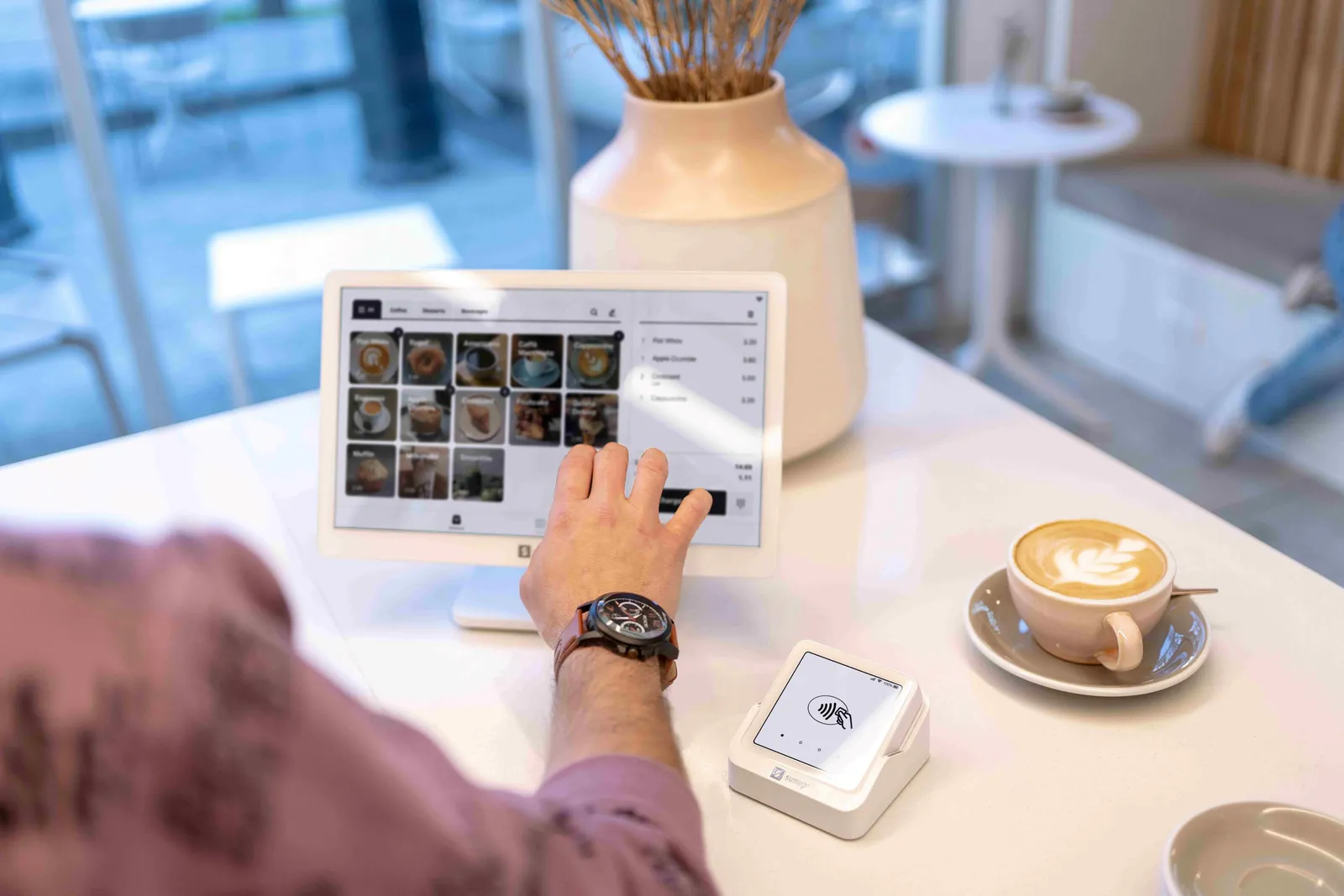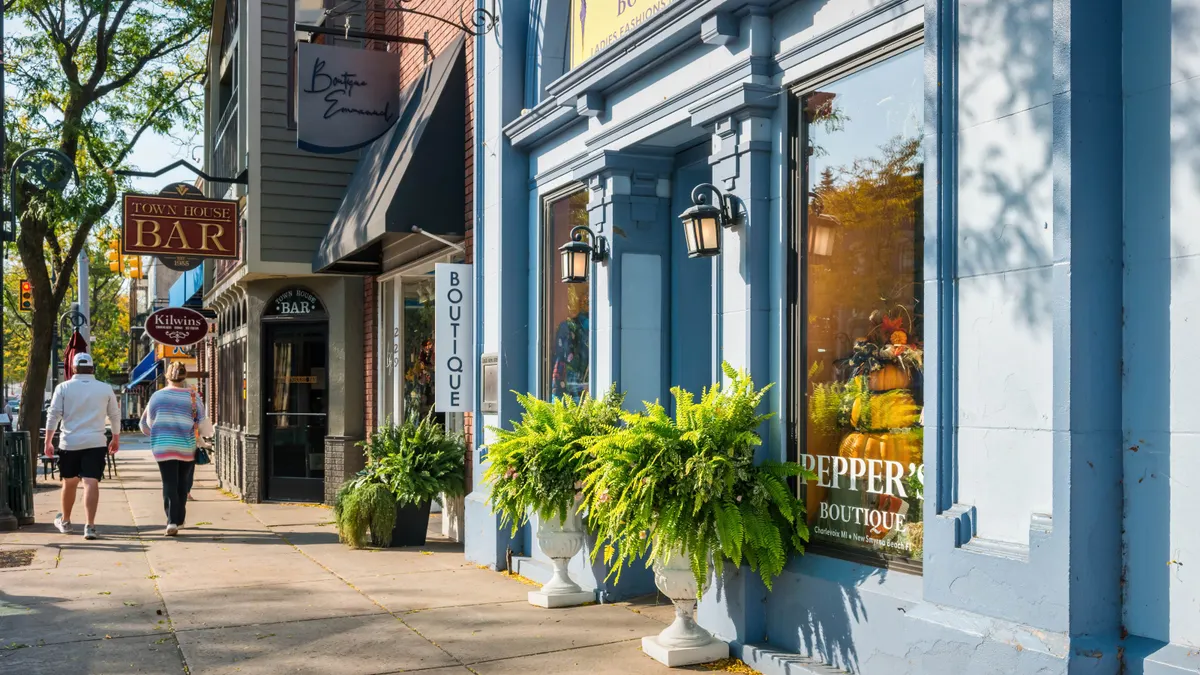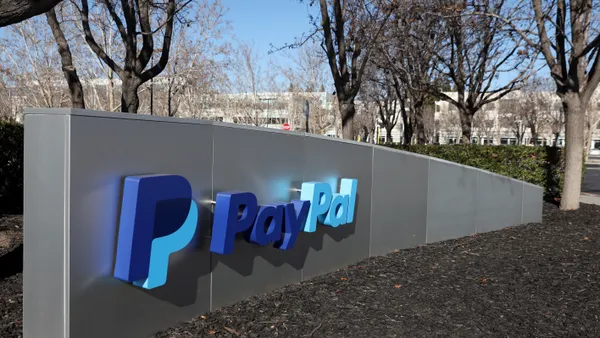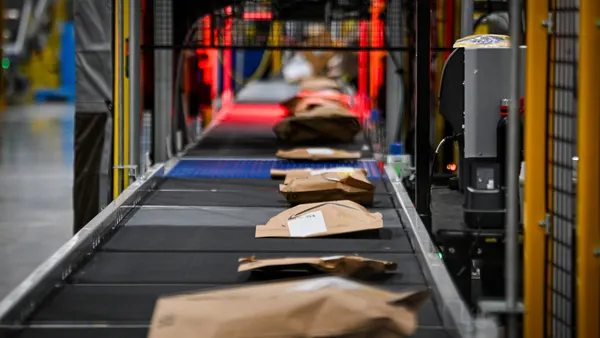From the corner convenience store to the neighborhood wine shop, small merchants represent a critical growth opportunity for point-of-sale fintech SumUp, the company’s U.S. chief executive said.
SumUp has identified this portion of small business as a market ripe for market-share gains, as payments behemoths like Block’s Square and Fiserv’s Clover moved upmarket and created “the opportunity for smaller players to come in,” Andrew Helms, SumUp’s U.S. CEO, said Monday in an interview.
“They’ve shifted their focus as part of their strategy,” he said of larger payment rivals. “That’s where we really see opportunity to lean in and keep helping these merchants that, in some ways, actually need more loving care, because they are the small corner stores, mom-and-pop shops, small little side businesses that are taking off.”
The London-based company is making a renewed push into the U.S. small business market with its retail offerings, four years after it acquired U.S. point-of-sale fintech Fivestars.
SumUp counts 4 million small merchant customers in 35 countries. Among those markets, it sees the U.S. as a “potential huge growth pillar” over the next few years, Helms said. SumUp’s largest areas of business are in western Europe and Brazil, although the company said it has a goal of making the U.S. one of its largest markets.
To that end, SumUp says it plans to renew its commercial commitment to the U.S. market to fuel further growth. Last year, the company raised $1.6 billion from investors, including Apollo Global Management and Goldman Sachs Group.

SumUp acquired fintech Fivestars for $317 million in 2021 to gain a deeper footing in the American market. San Francisco-based Fivestars, which has been integrated into SumUp, had about 12,000 smaller point-of-sale customers and operated a loyalty platform with 70 million consumers.
Four years on, Helms said SumUp has improved its products to better meet merchants’ needs and is ready to take on vastly larger competitors in the retail payments arena. SumUp views Fiserv’s Clover POS unit and Montreal-based Lightspeed Commerce as its main competitors for smaller merchants.
“It hasn’t been any kind of eureka moment: ‘We're going to invest millions in the U.S. tomorrow,’” he said. “It’s been kind of a slow build up of seeing success across different areas and using that as the confirmation to keep investing in the next year.”
As part of its U.S. sales efforts, SumUp targets independent retailers that carry large amounts of inventory, such as liquor shops and hardware stores, Helms said. “Stores that have a lot of inventory, so they have a lot of ordering needs, forecasting needs, reporting needs,” he said.
SumUp also integrates customer-loyalty products to allow small businesses such as barbers or tea shops to generate repeat visits with texts or email, helping to draw consumers from local competitors.
SumUp has about 180 employees in the U.S., with offices in Boulder, Colorado and El Paso, Texas. It focuses field sales on six geographic regions with sizable populations – California, Colorado, Texas, the Midwest, the South and the Northeast – along with independent sales organizations.
The payment behemoths can still service the smallest merchants, with products that are “still great,” Helms conceded. But he said the customer-service experience usually changes for small retailers as large point-of-sale providers focus more on mid-market and enterprise customers.
“They’re putting in 12 layers of chat bots to get to someone on the phone who can actually just solve their problem immediately,” he said. “So it’s not that they’re leaving (small merchants) behind completely. They’re just being less there for them when they need them.”
Small merchants are also facing increased difficulty in finding sale platforms that carry features tailored “specifically for their size of business,” Helms said.
“And that's really where we have been leaning into, is being there for the small merchants, having the product available, having someone available to reach a human by voice in English or Spanish at all hours, and really being that small-merchant focused company.”














